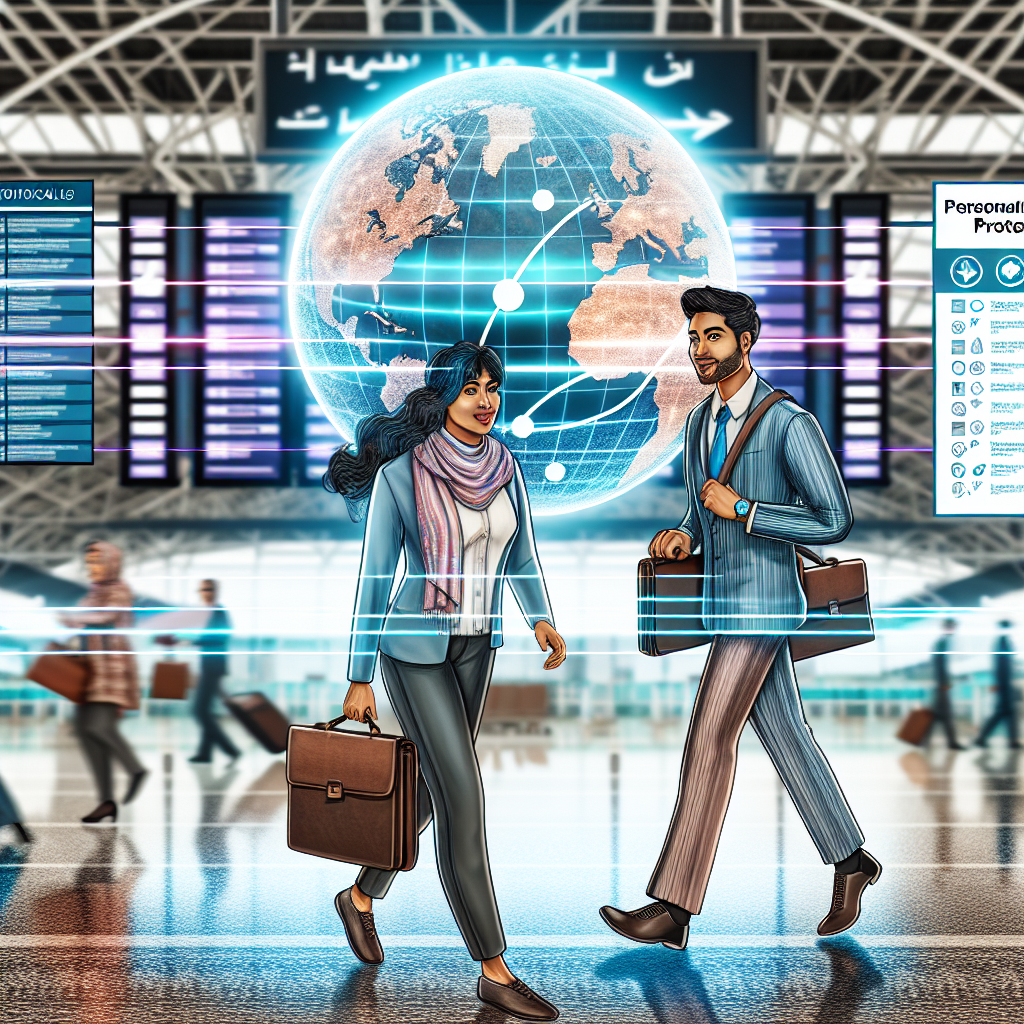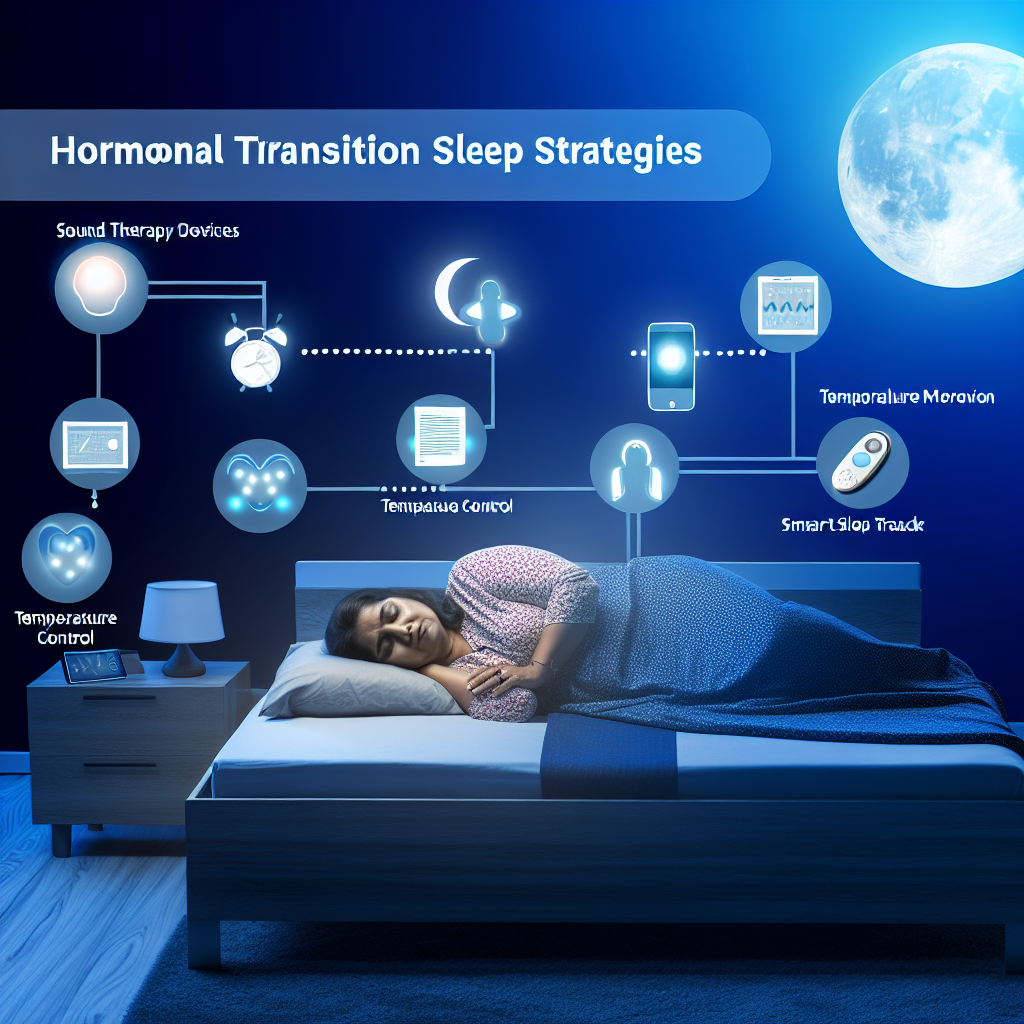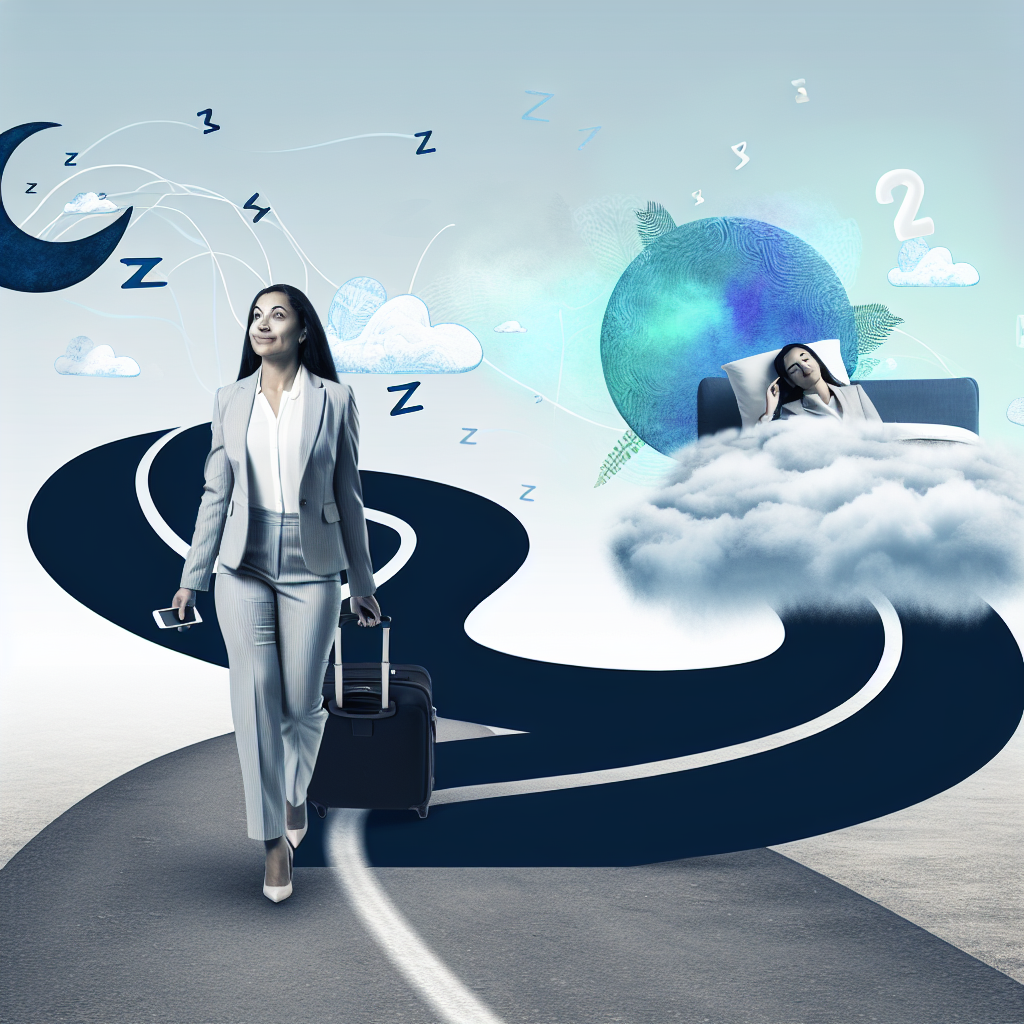Time Zone Transition Services: Personalized Protocols for International Business Travelers
Conquering Jet Lag in a 24/7 Global Economy
In today’s fast-paced global economy, international business travel has become a standard part of many professionals’ lives. Whether it’s a meeting in Tokyo, a conference in London, or a week of negotiations in New York, crossing multiple time zones is now a regular requirement.
But with the growing frequency of international travel comes a hidden yet significant toll: sleep disruption due to jet lag. Jet lag is more than just an inconvenience—it can diminish cognitive function, cripple decision-making, and impair overall well-being, affecting both professional performance and personal health.
The biological clock, or circadian rhythm, governs our sleep-wake cycle and is sensitive to external cues such as light exposure. Rapid travel across time zones confuses this internal clock, which can lead to misalignment between internal circadian timing and the new local time. The result? Fatigue, insomnia, poor concentration, gastrointestinal issues, and mood disturbances—collectively known as jet lag. This condition disproportionately affects international business travelers who must be at peak performance within hours of arrival in a new country.
To combat these challenges, personalized time zone transition services have emerged, offering evidence-based, medically tailored protocols for adjusting circadian rhythms efficiently. These services focus on proactive jet lag prevention strategies rather than reactive solutions.
They are especially valuable for high-stakes professionals such as executives, diplomats, athletes, and healthcare providers who need to function at optimal levels immediately upon arrival in a new time zone.
Unlike generic advice like “get some sunlight” or “take melatonin,” advanced personalized protocols integrate data on chronotype (morning vs evening person), travel itinerary, destination time zones, sleep patterns, and health history. With the aid of sleep specialists, wearable sleep trackers, and sometimes pharmacological support, these services design detailed action plans for optimal performance during international travel. These may include pre-trip sleep phase adjustments, timed light exposure, meal timing, hydration strategies, and evidence-based supplement use.
Given that global travel will only intensify in a connected world, time zone transition services stand out as a pivotal innovation for professional travelers who can’t afford the downtimes of jet lag. Taking a scientific and individualized approach to prevent sleep disturbance, these services are redefining how the world travels—effectively and healthfully.
The Science Behind Personalized Jet Lag Solutions
Time zone transition services are built on a foundation of sleep science and chronobiology—the study of biological rhythms. Several prominent studies validate the effectiveness of personalized protocols in mitigating the adverse effects of jet lag.
A landmark study published in The Journal of Clinical Sleep Medicine (2013) analyzed the impact of a structured circadian alignment protocol on subjects traveling across six time zones. The study showed that travelers who followed the custom light exposure and melatonin guidance significantly reduced subjective jet lag severity compared to control groups who received generic advice.
Similarly, the 2019 research published in Sleep Health, the journal of the National Sleep Foundation, emphasized how tailored light exposure—coordinated to individual chronotypes—can facilitate faster adaptation to new time zones. Light is the most powerful zeitgeber or time-giver that influences circadian rhythms. By syncing light exposure using wearable light therapy devices or timed outdoor activity, travelers can realign their biological clocks faster. This is often combined with melatonin supplementation, the timing and dosage of which should be determined by a sleep expert to avoid unintended phase delays or advances.
Further, researchers have demonstrated the efficacy of controlled fasting and strategic eating patterns in circadian realignment. A study by Dr. Clifford B. Saper at Harvard Medical School observed that meal timing can serve as a secondary cue to reset the circadian clock, especially in absence of sunlight or as an adjunct to light therapy. Therefore, some personalized protocols incorporate meal and fasting schedules to enhance circadian adaptation during long-haul travel.
Game-Changing Devices: Wearables and Real-Time Tracking
Wearable technology has also played a transformative role in enhancing these services. Devices such as the Oura Ring, WHOOP Strap, and Fitbit use sleep tracking and heart rate variability metrics to gain insights into how a traveler’s circadian system is functioning. Armed with this data, sleep consultants can adjust protocols in real-time before, during, and after transit.
Finally, behavioral cognitive strategies such as pre-travel sleep shifting help travelers begin adjusting their internal clocks days before departure. Gradually shifting bedtime and wake time toward the destination time zone helps prevent the shock of sudden adjustment.
Integrating scientific findings, health history, professional needs, and data analytics, time zone transition services are grounded in precision sleep medicine, which continues to grow as a subset of healthcare dedicated to optimizing sleep in a world that rarely rests.
The Future of Travel Starts with Sleep
Jet lag doesn’t have to be the price you pay for global success. Personalized time zone transition services offer a transformative shift in how frequent flyers approach long-haul travel. Rather than suffering through cognitive fog, fatigue, and poor sleep, travelers can proactively align their circadian rhythms using intelligent, evidence-based strategies.
These services are backed by robust scientific research and enhanced by wearable technology and specialist guidance. For international business travelers who demand peak performance across borders, time zone transition protocols offer a competitive edge in wellness and productivity. Investing in your internal clock may just be the smartest travel upgrade available.
**Summary:**
Personalized time zone transition services provide evidence-based, medically tailored protocols to help international business travelers rapidly adjust their circadian rhythms and overcome the adverse effects of jet lag. These services integrate sleep science, wearable technology, and individualized data to design custom plans for optimal performance during global travel. By proactively realigning their internal clocks, travelers can avoid the cognitive, physical, and mood disturbances associated with crossing multiple time zones, giving them a competitive edge in a 24/7 global economy.
**References:**
– [The Journal of Clinical Sleep Medicine (2013)](https://jcsm.aasm.org/doi/10.5664/jcsm.2970)
– [Sleep Health, the journal of the National Sleep Foundation (2019)](https://www.sleepfoundation.org/jet-lag)
– [Harvard Medical School, Saper Lab (2008)](https://hms.harvard.edu/news/biological-clock-linked-food)

Dominic E. is a passionate filmmaker navigating the exciting intersection of art and science. By day, he delves into the complexities of the human body as a full-time medical writer, meticulously translating intricate medical concepts into accessible and engaging narratives. By night, he explores the boundless realm of cinematic storytelling, crafting narratives that evoke emotion and challenge perspectives.
Film Student and Full-time Medical Writer for ContentVendor.com




